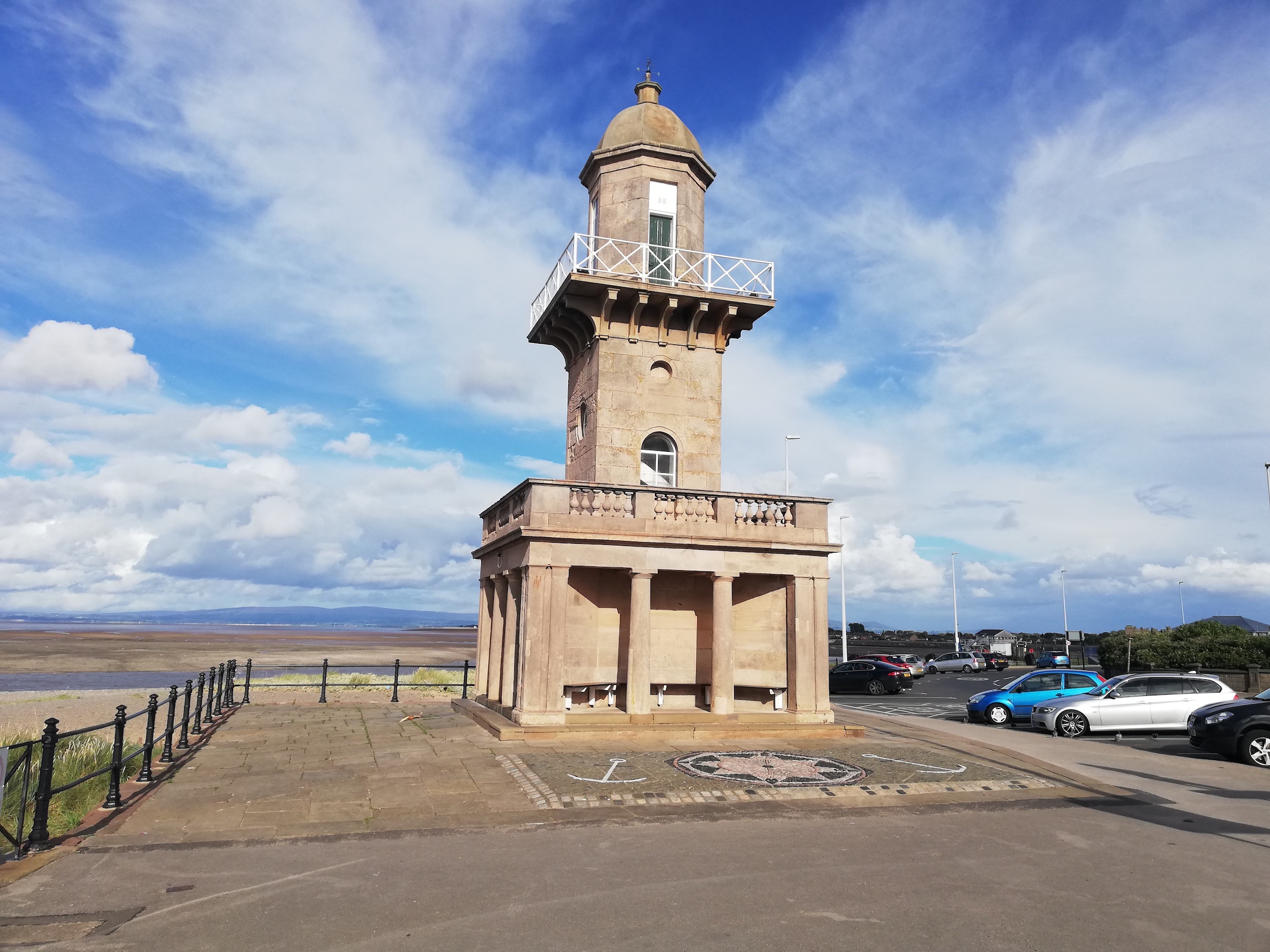By the people, for the people
In Front Desk
Follow this topic
Bookmark
Record learning outcomes
 What happens when a population of 30,000 people gets an opportunity to reshape community health care for itself? P3pharmacy talked to Fleetwood GP Mark Spencer about how award winning Healthier Fleetwood came about
What happens when a population of 30,000 people gets an opportunity to reshape community health care for itself? P3pharmacy talked to Fleetwood GP Mark Spencer about how award winning Healthier Fleetwood came about
“We were successful in a Prime Minister’s Challenge bid, and while that was about improving access to primary care, we had to consult with the town’s residents. ” Dr Spencer says. “I’d been inspired by health visitor Hazel Stuteley’s work with a disadvantaged community of 5,000 people in Devon, showing what happens when residents take control of their lives. The question for me was whether we could take that sort of thinking across 30,000. That was four years ago.”
The resulting multi-provider twin track health and wellness collaboration has taken shape since. “We include pretty much every health and social care provider: GPs, community pharmacists, dentists, community nurses, mental health services, drugs and alcohol services,” Dr Spencer says. “The healthcare professionals deal with illness; the wellness agenda is resident-led, with local partners: the council, schools, leisure centres, sports clubs, dance studios, parks.”
Healthier Fleetwood has a critical mass of enthusiasts at its heart. Dr Spencer says. “We probably connect with a thousand residents through 24 activities. A community singing group of 160; we have a hundred plus men and women over 50 involved in walking football. It’s key individuals that keep it going.”
Around 30-50 people are regularly involved and there is a monthly open forum. It’s resident organised and chaired, health professionals sit at the back and answer questions if required. A resident panel distributes small grants to get projects up and running. Six of the residents are now setting up Healthier Fleetwood as a charity.
“What’s really heartening is that residents are starting to mentor each other,” Dr Spencer says. “Pauline had severe COPD; her husband was housebound with a stroke. She was depressed, and obese, and not much help to her disabled husband. She got involved in the choir (singing is good for COPD). By connecting there regularly, she regained her confidence, and started to turn her life around.
“She is now an absolute superstar. Lost a third of her body weight; her mental health issues have settled down. She’s a community champion, and better able to look after her husband. She’s now mentoring Katrina and helping her to set up her own group for people like her, with mental health problems and fibromyalgia. It’s a ripple effect, with residents becoming part of the wider primary care team.”
Another development area is working with schools to address obesity. “We’ve done work around getting children physically active, but 50 per cent of homes in Fleetwood do not have a dining table.” A six-week intensive cookery programme was delivered by local chefs, with children going home to teach parents how to cook. “We now have schools running after school cookery clubs for parents,” he says.
So what’s next? “I really want to integrate the agendas – illness with wellness. Get our health professionals keyed into what residents are doing, and vice versa,” Dr Spencer says. “Let’s say the residents set up a gardening group, it should not just be GPs or nurses who can refer into the group, others, say dentists, should be able to, too.
“And I’d like to better integrate providers into a single team; can we create a single operational structure for health providers? If we can do that, then everything becomes more fluid. I don’t mean mergers, but back office as a start. Why shouldn’t we?”
